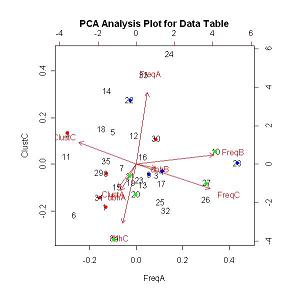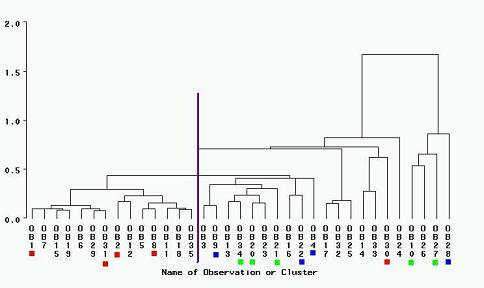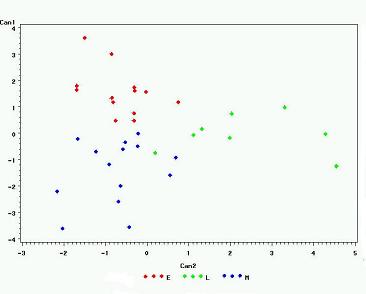Old Growth forests in the Philippines are currently being threatened by illegal loggers. The combination of mid and late successional species being highly desirable to Filipino loggers and the fact that clear cut stands where these species are replanted fail, is forcing Filipino loggers to harvest the low percentage of Old Growth forest that is remaining in the Philippines. As the Filipino Old Growth forests decrease, the question arises, What Can Be Done To Help?
This project looks at defining a species succession classification based on frequency, clustering and the dbh distribution of a species in 3 successional stands. If species can be classified as early, mid or late succesional species based on these variables the time required to classify a species could be greatly shortened. Secondly if desirable mid and late succesional species are shown to act as early successional species then those species could successfully be planted in clear cut stands to possibly relieve some of the stress on Old Growth forest from illegal loggers.
PCA, CLUSTER and DISCRIMINANT Analysis were all used in this project.



Images are explained in Analysis.
Links at the bottom of each major page navigate the entire site, while inks at the bottom of image pages return to the image’s relevant major page.
HOME
INTRODUCTION
DATA DETAILS
MULTIVARIATE METHODS
MULTIVARIATE RESULTS & DISCUSSION
CONCLUSION
APPENDICES
REFERENCES & ACKNOWLEDGEMENTS
DATA PREPARATION METHODS
DATA PREPARATION RESULTS & DISCUSSION
PRELIMINARY ANALYSIS
This project and website was designed and completed by Laura Gray for RENR 501 - Spatial Statistics.